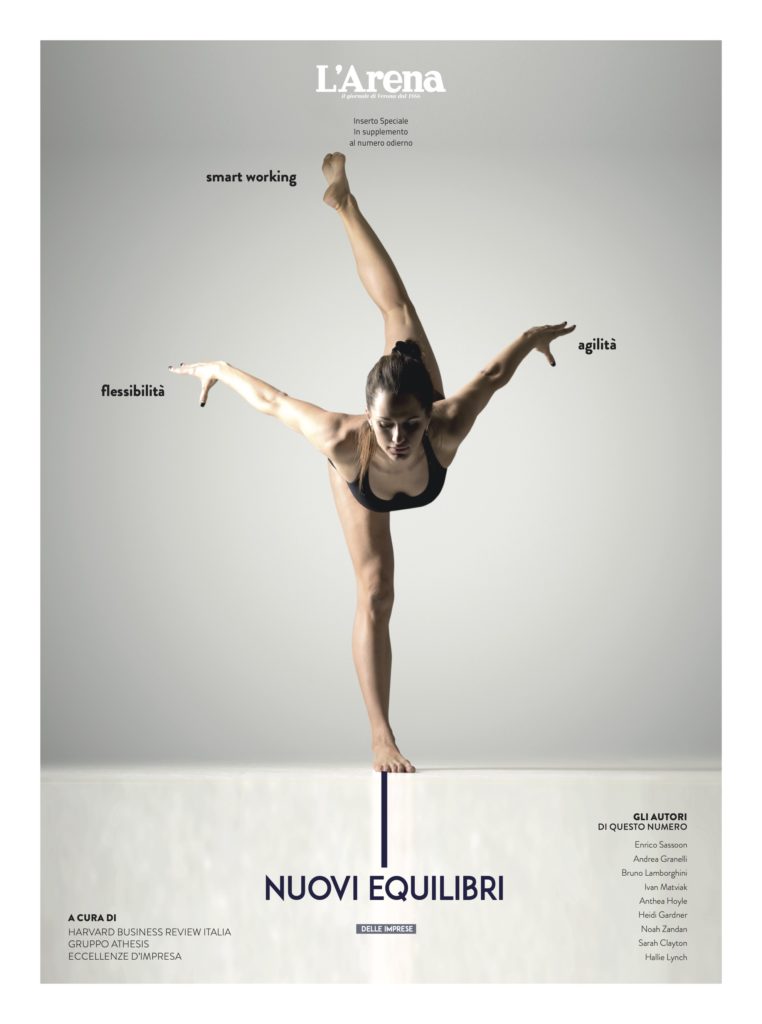
Let's face it, what in the months of lockdown was defined as smart working and was often presented as a great novelty, in fact corresponds to good old telework, or remote work. Very often he did not have and does not have much of intelligence, since in most cases it corresponded to a simple transfer of activities from the workplace to personal home, without the organization being able to do much more than give the minimum resources to work from home. Essentially, the PC and the smartphone, while usually any additional elements, such as sufficiently broadband or the printer, depended on the availability of the worker to make them available or to equip themselves with them as needed.
Therefore, it was not intelligent work, as it was not previously conceived and organized, but remote work which, it seems, has interested (and partly still affects) something like 8 million workers, against the 500 thousand estimated previously. of the pandemic. The surprising thing is that all in all it seems to have worked, without particular drops in productivity, without catastrophic interruptions, without excessive existential problems. The workers, that is all of us, have been passably intelligent even when the work was not. Smart worker, therefore, and not smart work.
So far so good, the peak of the emergency seems to have passed, at least in Italy, and many have returned to work, usually with some satisfaction, because working at home may seem a great attraction for some, but for the majority it turns out to be a weight, with different degrees of severity, when not a real nightmare. Going back to the usual place of work these days, however, is not all, because companies are dealing with the recession, with the decline in demand and with the need to keep the 2020 accounts afloat. And we already know that they will not be light accounts, except for the companies of those few sectors that in the period of Covid satisfied an incompressible or rising demand, such as pharmaceuticals (not all), healthcare and food.
And therefore, it is necessary to do the math and, inevitably, one of the primary objectives when revenues fall, or collapse, is to responsibly reduce costs. Which, in the short term, cannot fail to translate into a decline in employment, which can only be temporary or, in some cases, even definitive, because some companies will not resist the crisis, others will resort to technological innovations and work-saving automations, others less profitable businesses will close. And this is precisely one of the major concerns of our day: the possibility that our job will be canceled, sooner or later, temporarily or permanently. Hence the anxiety, which is one of the most widespread discomforts of this period tormented by the pandemic.
The issue of anxiety, which sometimes also results in real mental distress, is relevant and is certainly a sign of the times that organizations take up more and more space. Anxiety is generated by fears related to real or only imaginary facts and compromises both the mental health of the people who are subject to it and their work performance. Therefore, it is good first of all that the leaders of the companies, but also the employees and possibly also the trade unions, are well aware of this and, secondly, that the problem is tackled with the appropriate tools.
To be able to overcome the crisis and restart as soon as circumstances permit, companies will therefore have to lighten up, become more innovative, lean and flexible. The term most used, and sometimes abused, is that they will have to become agile and flexible. Many are doing it in these times of emergency, others will have to learn how to do it. But to do this they will need workers capable of facing the worries so widespread today, and their anxieties. It is no longer an individual issue but now a collective one, it affects us all, and we should work together to solve it in the best possible way.
Enrico Sassoon
Chief Editor of Harvard Business Review Italy
Summary
Insert no. 02 - THE NEW BUSINESS BALANCES
From teleworking to smart working by Bruno Lamborghini
Remote work in the time of the coronavirus by Heidi K. Gardner and Ivan Matviak
Digital nomads by Andrea Granelli
Teleworking - How do I dress? by Noah Zandan and Hallie Lynch
5 good tips to manage reentry anxiety by Sarah Clayton and Anthea Hoyle
More agile to compete by Editorial Staff of Harvard Business Review Italy






